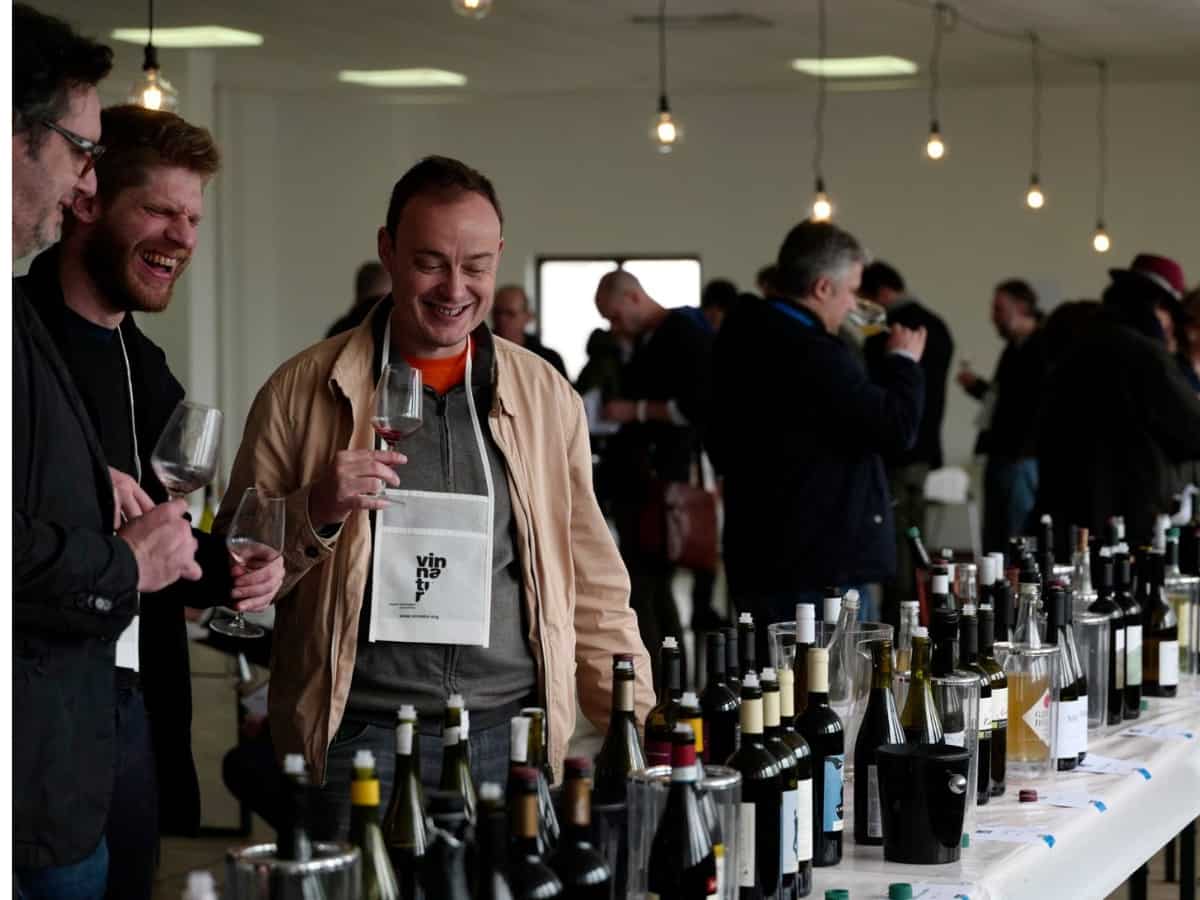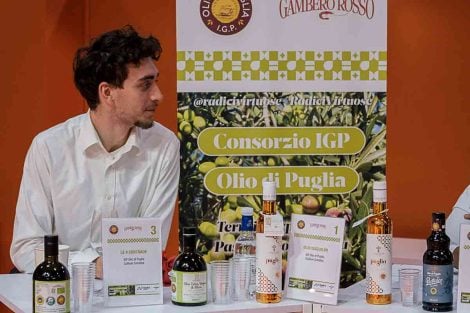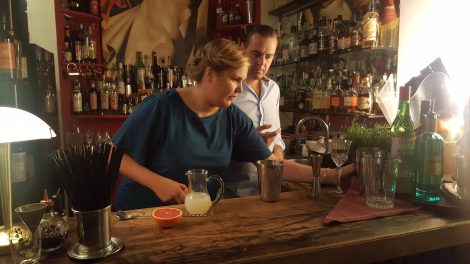The first quarter of the year is usually the one that represents the smallest share of the agri-food GDP (8%). And on the whole, the year for the agricultural sector opened with + 0.1% added value compared to the previous year. Employment increased (+ 5.3%) while the number of businesses has diminished (– 0.7% to 742,000 units).
Agriculture business: a positive trend
Younger businesses at the end of March were 53,400 (+ 2.1% on a year) and the phenomenon of growth is evolving, Ismea informs in its Agrosserva report. There is, in any case, more optimism among farmers: the confidence index grew by 2.4 points on an annual basis, following a positive trend that began in the second half of 2017.
Food industry
The food industry grows and there are signs of a production recovery: + 1.3% of the index on 2018 compared to 0.8% of the manufacturing industry as a whole. A trend that is also reflected in agri-food exports, with the first quarter of 2019 which, thanks to an increase of 5.3%, reaches €10.5 billion.
Wine sector
Wine, in this context, conditioned by contrasting elements at a global level, rose again compared to 2018, selling out with 4.9 million hectoliters (+ 8% on year). Despite an increase in values (+ 4%), according to Ismea analysts, this is not a particularly positive number, given it derives from a general decline in prices, especially for bulk wines.
Bottled wines
For bottled wine, the decline is more limited. But it can be said, in general, that the increase in export volumes and the increase in consumption in Gdo (+ 3%) "probably will not be sufficient to absorb the increase in availability”. The record harvest of 2018, in fact, has reached total volumes of 55 million hectoliters (+ 29% compared to 2017) and it's difficult to place all the product on the market.
Brexit effect
Considering still wines, the quarter has breached 2.5 million hectoliters of exports (+ 6%): US demand is down (–2%), the German one is up 13% and the United Kingdom's (with values at + 31%). The rush to buy and stock up is linked to uncertainties connected to Brexit.


 What changes for the export of Italian wines to China under the new regulations?
What changes for the export of Italian wines to China under the new regulations? “Forget dealcoholised wines. The future is Komb(w)ine.” Moser and Ravizza present a new grape must-based product
“Forget dealcoholised wines. The future is Komb(w)ine.” Moser and Ravizza present a new grape must-based product Global wine consumption at a historic low and vineyards in decline. The OIV report outlines a 2024 to forget
Global wine consumption at a historic low and vineyards in decline. The OIV report outlines a 2024 to forget Oenologist Riccardo Cotarella will also produce dealcoholised wine: "My first bottle will be out in October and it won’t be bad"
Oenologist Riccardo Cotarella will also produce dealcoholised wine: "My first bottle will be out in October and it won’t be bad" Dear natural wine world, enough with the constant polemics. If you don’t want to self-ghettoise, self-criticism is needed
Dear natural wine world, enough with the constant polemics. If you don’t want to self-ghettoise, self-criticism is needed






